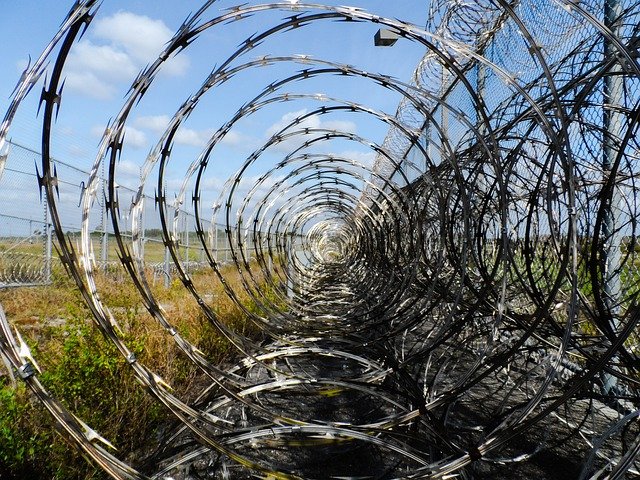
Chief Justice Harold G. Clarke’s ninth award to the Honorable Charles E. Auslander III.
Atlanta, GA – The Georgia Supreme Court Dispute Resolution Commission (GCDR) and Section The Georgia State Bar Association Dispute Resolution Association presented the 2022 Harold G. Clarke Supreme Court Award to the Hon. Charles E. Auslander III in Recognition of his outstanding contributions in the field of alternative dispute resolution in Georgia.
How can an individual access public records in Illinois?
Some records are available online to access Illinois public records, while others require a formal request. If an offer is required, it can be submitted by post, e-mail or by telephone to the records department.
Every department is different, so expect some variation in the rules when accessing records from multiple locations.
Find information about your criminal case online
While the records available online are not official like those you would receive in court, you don’t always have to leave your home to get answers his criminal case in Cook County. Instead, you can check your case information through the court’s website.
This online service contains information on historical and ongoing cases. This means that whether you are actively fighting your case or trying to have your record removed, this website can be helpful.
youtube.com/embed/9aTXor3tJBA” frameborder=”0″ allowfullscreen>
youtube.com/embed/yxjQ1-oJb54″ frameborder=”0″ allowfullscreen>
Overall, the monthly case disposition rate has recovered to rates lower than rates in 2019 but substantially higher than rates during the pandemic.
These advances were observed in all types of case resolution: trials, guilty pleas and case closures (see Figure 1: Number of Case Resolutions by Month). Most cases are resolved by dismissal or acknowledgment of guilt, and all types of resolutions account for at least some of the recent increase in resolution rates (see Figure 2: Number and type of case resolutions by month). Of all the possible case dispositions, court cases have been a particular area of interest, since the restoration of the right to a speedy trial will affect cases earmarked for a court case the most. Unfortunately, court cases have not increased at the same pace as guilty pleas and the dropping of cases. In particular, jury trials were less than half the frequency of 2019 (see Figure 3: Number and Types of Trials in Cook County Courts by Month).
Cook County Prosecutor Kim Foxx has said her office will give priority to “violent” cases when it comes to where expedited trials are sought first, likely dismissing many lower-level nonviolent cases becomes. This is a sensible backlog reduction policy and should be fully implemented as soon as possible. As noted above, Chicago Appleseed and other local legal counsel and community groups were openly concerned about the status of the backlog at the Cook County Courthouse from the start. the pandemic. In September 2020, we found public data showing that Cook County criminal courts had between April 1 and April 30 in a “normal” year. This number includes arraignments, guilty pleas, and trials. In 2020, courts decided just 477 cases, about 7% of the usual total. Then, in January, our analysis of the backlog at the Cook County Circuit Court Criminal Division showed that people (both defendants and victims of the crime) are waiting longer and longer for justice: at least 40 people have been charged with misdemeanors and nearly 500 who charged with Class 4 crimes (such as drug possession, driving with a suspended driver’s license, or theft) have been in the Cook County Jail or under electronic surveillance for more than six months as a result of the closure.
